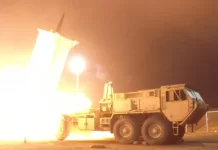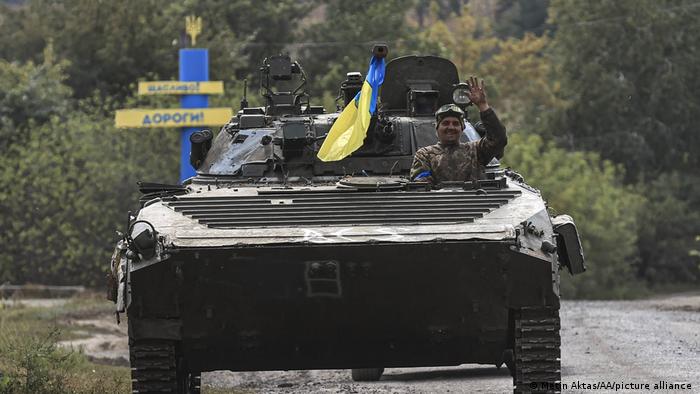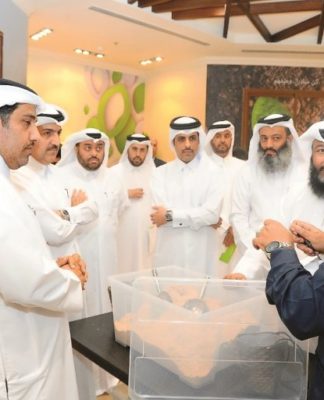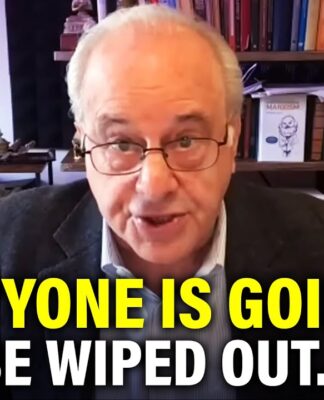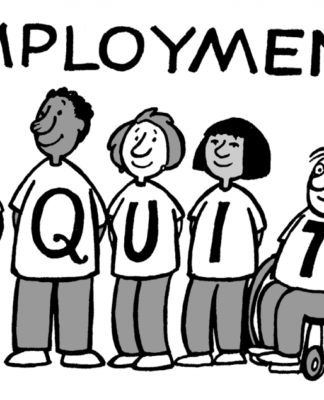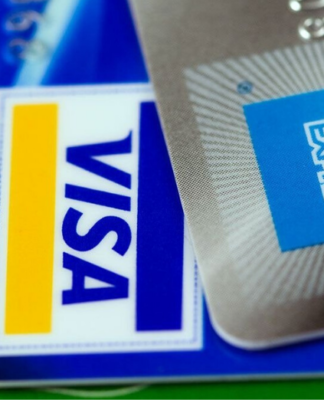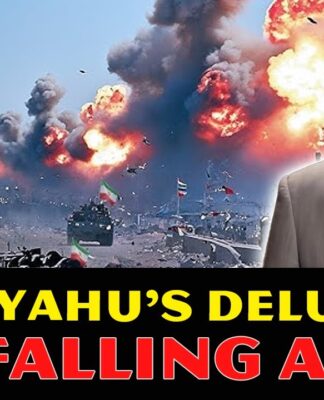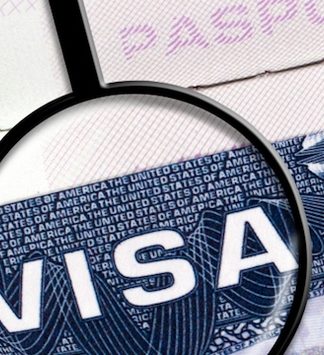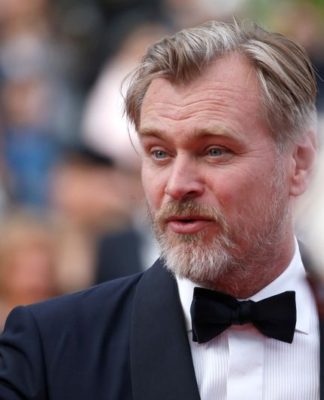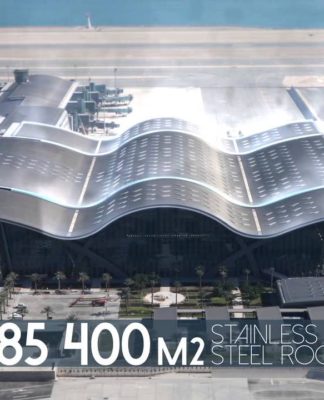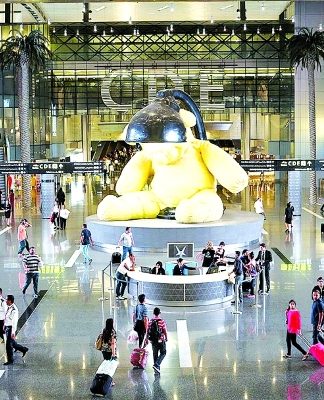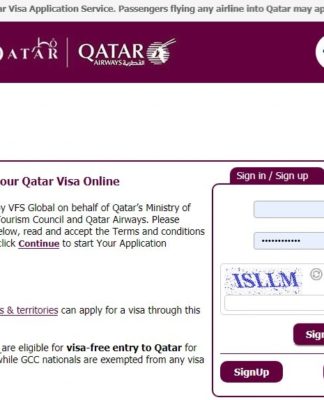NEWS
Russia-Ukraine updates: Germany urges swift support for counteroffensive
Top German politicians are calling for more weapons deliveries to Ukraine. Meanwhile, the UK accused Moscow of spreading misinformation on the global food crisis. DW rounds up the latest.
A tank of Ukrainian Army in Kharkiv region
A Ukrainian tank presses forward in the northeastern areas of Kharkiv region
Amid reports that Ukrainian troops have succeeded in driving invading Russian forces out of some parts of the country, there have been calls from leading German coalition politicians for Berlin to actively promote the counteroffensive with new weapons.
The head of the foreign affairs committee, Michael Roth from Chancellor Olaf Scholz’s Social Democrats (SPD), said the West as a whole should do its best to help Ukraine achieve victory.
“In this new phase of the war, Ukraine needs weapons that will enable it to liberate territories occupied by Russia and keep them permanently under its control,” Roth told the Funke media group.
“The West, in particular, the US, Germany, France and Poland, should quickly coordinate closely here and adapt its deliveries to the new situation, he said.
He said it seemed increasingly realistic “that Ukraine can win this war, and do so as a free, democratic country while preserving its territorial integrity.”
The head of the defense committee, Marie-Agnes Strack-Zimmermann from the business-focused Free Democrats (FDP), told the German dpa news agency that Germany had an obligation to help preserve democracy.
“Germany must immediately play its part in Ukraine’s successes and supply protected vehicles — the Marder infantry fighting vehicle and the Leopard 2 main battle tank,” she said on Sunday.
Germany initially faced criticism for being slow to deliver arms to Ukraine but has since supplied the country with much materiel, including heavy weaponry, in a major break with its previous policy of not supplying lethal weapons to conflict zones.
Play Video2:19 min
Ukraine retakes key cities in eastern offensive
Here’s a look at some of the other major news stories from Russia’s war in Ukraine on September 11.
Zelenskyy says Ukraine recaptured Izium
Ukrainian President Volodymyr Zelenskyy has announced the recapture of the strategic eastern city of Izium in an address marking 200 days since the Russian war on Ukraine.
In the video address released on Sunday, Zelenskyy thanked the Ukrainian forces who “liberated hundreds of our cities and villages,” listing Balakliya, Izium and Kupiansk as the most recent examples.
Izium’s recapture is significant for Ukraine, as Russian forces had used it as a logistical hub.
“In these 200 days we have achieved a lot, but the most important and therefore the most difficult thing is still ahead of us,” the dpa news agency quoted him as saying.
The president said that Ukrainian forces could achieve further territorial gains during the winter, if they received more robust weaponry from Western allies.
Zelenskyy blames Russia for blackouts in eastern Ukraine
Ukraine says Russia is causing widespread blackouts in the Kharkiv and Donetsk regions.
On Saturday, Russia’s Defense Ministry admitted it had pulled back troops in parts of Kharkiv.
They were overwhelmed by a Ukrainian counteroffensive that has made significant advances in the past week.
But on Sunday, Ukrainian President Volodymyr Zelenskyy blamed Moscow for the electricity cuts across eastern Ukraine.
He said Russia was deliberately targeting civilian infrastructure.
“A total blackout in the Kharkiv and Donetsk regions, a partial one in the Zaporizhzhia, Dnipropetrovsk and Sumy regions,” Zelenskyy said in a statement on social media, blaming “Russian terrorists.”
“No military facilities,” he added. “The goal is to deprive people of light and heat.”
Putin and Macron discussed situation at Zaporizhzhia nuclear plant
Russian President Vladimir Putin and his French counterpart Emmanuel Macron discussed the security situation at the Zaporizhzhia nuclear plant in Ukraine, the Kremlin said.
Putin warned Macron on the phone about the potential “catastrophic consequences” of what he said were “regular Ukrainian attacks” on the plant.
Macron, in turn, told Putin that “Russian occupation” was to blame for the risks facing the plant, according to the French presidency.
Separate readouts from Russia’s Kremlin and the French leader’s Elysee Palace highlights the difficulties in trying to find an accord to ensure safety at the site.
The two leaders reportedly expressed readiness for a “non-politicized interaction” on the matter with the participation of the International Atomic Energy Agency (IAEA).
Putin also told Macron that the EU shouldn’t hinder Russian food and fertilizer supplies to Africa, Middle East and Latin America, according to the statement published on the Kremlin’s website.
Many cross into Russia amid Ukrainian advances: Russian official
Thousands of people have been crossing into Russia from Ukraine over the past day as Ukrainian armed forces claimed to have pushed Moscow’s invading forces out of parts of the northeastern Kharkiv region, a local Russian governor has said.
“Over the past day, thousands of people have crossed the border. Most of them went to relatives in their own vehicles. Today, there are 1,342 people being housed in 27 temporary accommodation centres in the region,” Vyacheslav Gladkov, the governor of the Belgorod region, said in a video statement on social media.
Moscow announced on Saturday that it was pulling out troops from strategic towns in the south of the Kharkiv region, explaining the withdrawal by saying they would be sent to reinforce Russian forces in the Donetsk region, a key objective of Russia’s invasion.
However, many observers believe a rapid counteroffensive by Ukrainian troops in the past few days has forced Russia’s military to retreat.
Ukrainian forces approaching Russian border in Kharkiv region: Ukraine’s army chief
Ukrainian troops are continuing to advance in the northeastern Kharkiv region, approaching to within 50 km (31 miles) of the border to Russia, Ukrainian chief commander General Valeriy Zaluzhnyi said on Sunday.
He said forces were also moving to the south and east of the region as they “continue to liberate territories occupied by Russia.”
More than 3,000 square kilometers (1,158 square miles) had been recaptured by his forces since the beginning of September, Ukrainian chief commander General Valeriy Zaluzhnyi said in a statement on the Telegram messaging app.
“In the Kharkiv direction, we started advancing not only to the south and east, but also to the north. There are 50 kilometers (31 miles) left before we reach the state border,” Zaluzhnyi wrote.
“I am proud and grateful to every Ukrainian serviceman. It is an honor for me to fight side by side with you,” he added.
Russian troops have been retreating from the region, with the Russian Defense Ministry saying on Saturday that the withdrawal from Izium and other areas in the Kharkiv region aimed to strengthen Russian forces in the neighboring Donetsk region to the south.
The pullback seems likely to hinder Moscow’s plans of advancing on Sloviansk and Kramatorsk, key to Russia’s plans for taking the entire Donetsk region.
Play Video2:24 min
Russian forces retreat from Kharkiv
Russia spreading ‘misinformation’ on global food insecurity: UK military intelligence
Recent claims by Russian President Vladimir Putin that the overwhelming majority of grain exported from Ukraine under a UN-backed deal was going to EU states are untrue, the UK Ministry of Defence has said in an intelligence update.
Putin claimed on Wednesday, without citing any sources, that only 60,000 metric tons of grain had been exported to developing countries on just two of 87 ships carrying the produce.
The UK ministry quoted UN figures saying that in fact, around 30% has been supplied to low and middle-income countries in Africa, the Middle East and Asia.
“Russia is pursuing a deliberate misinformation strategy as it seeks to deflect blame for food insecurity issues, discredit Ukraine and minimise opposition to its invasion,” the ministry said.
The update also reported that Ukrainian forces had recently recaptured a considerable amount of territory in the Kharkiv region. It said several Russian units had “likely” withdrawn from the area but that fighting continued around Kupiansk and Izium.
Ukrainian forces seeking to recapture towns and villages in Kharkiv region: Ukrainian military
Ukraine is continuing a counteroffensive in the country’s east as it seeks to drive Russian forces from the Kharkiv region, Ukraine’s military has said in an update on the 200th day of Moscow’s invasion.
“Our forces entered Kupiansk. The liberation of settlements in the Kupiansk and Izium districts of the Kharkiv region is ongoing,” the Ukrainian military said in a general battlefield update.
Ukraine has recaptured about 2,000 square kilometers (772 square miles) from Moscow’s forces in recent days, the update said.
Ukraine’s army chief, General Valerii Zaluzhnyi, said separately that 3,000 square kilometers had been recaptured since the start of September.
Russia first said it was sending reinforcements to the Kharkiv region. On Saturday, however, it announced it was transferring troops from there to the Donetsk region to help in Moscow’s bid to seize it in its entirety.
More on DW content on Ukraine
War has made wheat farming and export difficult for Ukrainian farmers. So they are turning to oil-producing plants instead. The Ukrainian government plans to build an innovative pipeline into Poland to help them.
The Russian government has imposed strict penalties for those who voice public opposition to the war. But there are some who are still ready to resist, as this article on a group of councilors in St. Petersburg shows.
dh, tj/wd (AFP, dpa, Reuters)
AUDIOS AND VIDEOS ON THE TOPIC
DW’s Nick Connolly on Ukraine’s gains in the east
Date 11.09.2022
Related Subjects War in Ukraine, Ukraine, Russia, Germany, Dmitry Medvedev
Keywords Ukraine, Russia, Putin, Zelenskyy, Germany, war
Feedback: Send us your feedback.
Print Print this page
Permalink https://p.dw.com/p/4Ggxe







